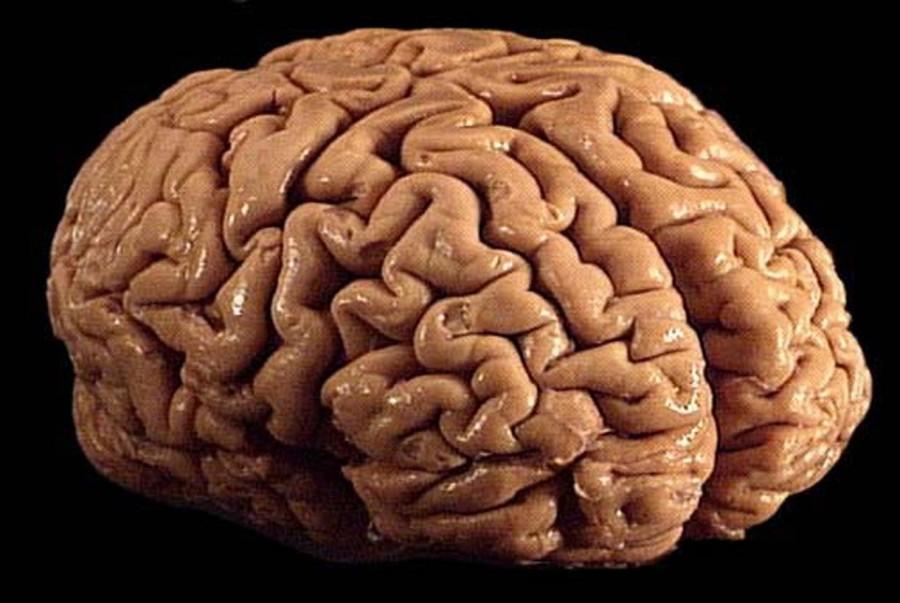 By Staff Writer: Tricia Tucker
By Staff Writer: Tricia Tucker
Living a life filled with drowsiness and a lack of energy can be a drag; having to move slowly throughout your day, wishing you could just sleep it away. Mostly, people resort to caffeinated drinks, such as coffee, pop, and green tea to get that extra boost of energy to get them through the day; it keeps them awake and activated. Now, although caffeine may seem so amazing in how it can be so useful, it also has a variety of negative effects.
The average recommended time of sleep for an adult is eight hours each night. Drinking too much caffeine can interfere with this needed time of sleep and can cause sleep deprivation. Most people drink caffeine because they are drowsy during the day, but caffeine makes it difficult to fall asleep during the night. Losing sleep can affect your focus, alertness, and overall performance throughout the day. Many high school students are impervious to drinking coffee each morning in order to get them through their school day.
“It keeps me warm and awake. I drink coffee every other morning,” says HHS junior Monica McChesney.
With people who do not usually drink caffeine, it can cause a raise in blood pressure. High blood pressure can lead to an increase in strokes and cerebral vascular disease. Caffeine can affect the body in more ways than one. Along with causing upsetting the stomach, it can result in an abnormally fast heartbeat and muscle tremors.
“I don’t get the hype of energy drinks. The caffeine is gonna catch up with my heart later in life,” says senior Michael Oatman.
Caffeine can reduce the control of fine motor movement, such as shaky hands. According to the Virtual Mass Spectrometry, doses of 100-200 mg of caffeine can result in restlessness, headaches, and dizziness. When addicted to caffeine, headaches are a common symptom.
Junior Emily Martin says, “If I don’t drink coffee everyday then I get headaches. Bad ones.”
Strangely enough, some people drink coffee for no specific reason. Instead of using it as an energy booster or headache reliever, they drink it because they enjoy the taste. Senior Marissa Dean is a prime example of this. She drinks coffee two to three times a week and stated, “It’s like water to me. It doesn’t keep me awake or put me to sleep. I just like the way it tastes.
If large amounts of caffeine are consumed over a long period of time, there can be more serious effects. Parkinson’s disease can be developed as well as Type 2 diabetes, hepatic disease, and cardiovascular disease.
Stated by the Mayo Clinic, an excess amount of caffeine (four or more cups a day) can affect a person’s mood. It causes them to be irritable, highly tempered, and nervous.
If caffeine is consumed daily, withdraw may occur. This normally occurs when to those who are addicted to caffeine. According to Energyfiend, withdraw symptoms can include headaches, sleepiness, irritability, lethargy, constipation, depression, muscle pain, lack of concentration, flu like symptoms, and insomnia.
“Coffee is my cocoa puffs! Sometimes I just need an extra pick-me-up. Those mornings I fill my water bottle with espresso.” says senior Emma Pressel.
Drinking two cups of caffeine day is not harmful. However, drinking four or more cups can cause many negative effects and may be harmful. It can lead to long lasting diseases and can also affect your everyday life.









